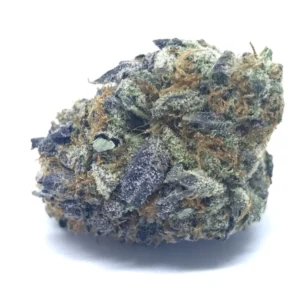Medicinal cannabis availability in the UK. It has been a long and arduous journey for patients seeking medicinal cannabis in the UK. Despite the legalization of medicinal cannabis in 2018, many patients are still facing significant barriers in accessing this potentially life-changing treatment. So, why is it so difficult to get medicinal cannabis in the UK?
Strict Regulations and Limited Prescribers /Medicinal cannabis availability in the UK
One of the main reasons for the difficulty in accessing medicinal cannabis in the UK is the strict regulations surrounding its prescription. In order to prescribe medicinal cannabis, doctors must have a specialist license from the General Medical Council (GMC). This has resulted in a limited number of doctors who are able to prescribe medicinal cannabis, making it challenging for patients to find a prescriber in their area.
In addition to the limited number of prescribers, there is also a lack of education and awareness among healthcare professionals about the benefits of medicinal cannabis. Many doctors are hesitant to prescribe medicinal cannabis due to the lack of clinical evidence and the stigma surrounding the drug. This has further restricted access for patients who could benefit from this treatment.
High Costs and Lack of Insurance Coverage
Another major barrier to accessing medicinal cannabis in the UK is the high cost of treatment. Unlike traditional medications, medicinal cannabis is not covered by the National Health Service (NHS) and patients are required to pay for their treatment out of pocket. This can be prohibitively expensive for many patients, particularly those with chronic conditions who require long-term treatment.
Furthermore, most private health insurance providers do not cover the cost of medicinal cannabis, leaving patients with few options for financial assistance. This lack of insurance coverage has made it even more difficult for patients to afford the treatment they need, further limiting access to medicinal cannabis in the UK.
Limited Product Availability and Quality Control
In addition to the regulatory and financial barriers, there is also a lack of product availability and quality control in the UK medicinal cannabis market. Many patients struggle to find a reliable and consistent source of medicinal cannabis, as the market is still in its infancy and there are limited options for suppliers.
Furthermore, there are concerns about the quality and safety of medicinal cannabis products available in the UK. Without proper regulation and oversight, patients are at risk of receiving substandard or contaminated products that may not provide the intended therapeutic benefits. This lack of product quality control has further hindered access to medicinal cannabis for patients in the UK.
Stigma and Misconceptions
Despite the growing acceptance of medicinal cannabis as a legitimate treatment option, there is still a significant amount of stigma and misconceptions surrounding the drug. Many patients and healthcare professionals are hesitant to explore medicinal cannabis as a treatment option due to concerns about addiction, psychoactive effects, and legal implications.
This stigma and misinformation have created a barrier to access for patients who could benefit from medicinal cannabis. In order to improve access to medicinal cannabis in the UK, it is essential to educate the public and healthcare professionals about the potential benefits and risks of this treatment, and to address the stigma and misconceptions that continue to hinder its acceptance.
Moving Forward
In order to address the challenges and barriers to accessing medicinal cannabis in the UK, there needs to be a concerted effort from policymakers, healthcare professionals, and industry stakeholders. This may include expanding the number of prescribers, improving education and awareness about medicinal cannabis, increasing insurance coverage, and implementing stricter regulations to ensure product quality and safety.
By working together to overcome these obstacles, we can ensure that patients in the UK have access to the medicinal cannabis treatment they need to improve their quality of life and manage their health conditions effectively. It is time to prioritize patient access to medicinal cannabis and remove the barriers that have been preventing so many from benefiting from this potentially life-changing treatment.
In conclusion, the challenges surrounding access to medicinal cannabis in the UK are multifaceted and deeply rooted in a complex web of legal, regulatory, and social factors. While the government has taken steps to legalize medicinal cannabis, the process of obtaining a prescription remains cumbersome and fraught with obstacles.
One of the primary barriers to access is the reluctance of healthcare professionals to prescribe medicinal cannabis due to a lack of education and training on its potential benefits and risks. Many doctors are hesitant to navigate the complex regulatory framework and fear legal repercussions for prescribing a substance that is still classified as a Schedule 1 drug under the Misuse of Drugs Act.
Furthermore, the limited availability of licensed cannabis-based products in the UK market adds another layer of difficulty for patients seeking treatment. The high cost of these products, coupled with the lack of insurance coverage, puts them out of reach for many individuals who could benefit from their therapeutic properties.
The stigma surrounding cannabis use also plays a significant role in hindering access to medicinal cannabis. Despite growing evidence of its efficacy in treating a range of medical conditions, including chronic pain, epilepsy, and multiple sclerosis, many people still view cannabis as a recreational drug with no legitimate medical value.
In order to address these barriers and improve access to medicinal cannabis in the UK, a comprehensive approach is needed. This includes investing in education and training for healthcare professionals, streamlining the prescription process, expanding the range of available products, and destigmatizing cannabis use through public awareness campaigns.
Additionally, the government must take a proactive role in reforming the regulatory framework to ensure that patients have timely and affordable access to the treatment they need. This could involve reclassifying cannabis as a Schedule 2 drug, which would allow for greater research and development of cannabis-based medicines, as well as improving access for patients.

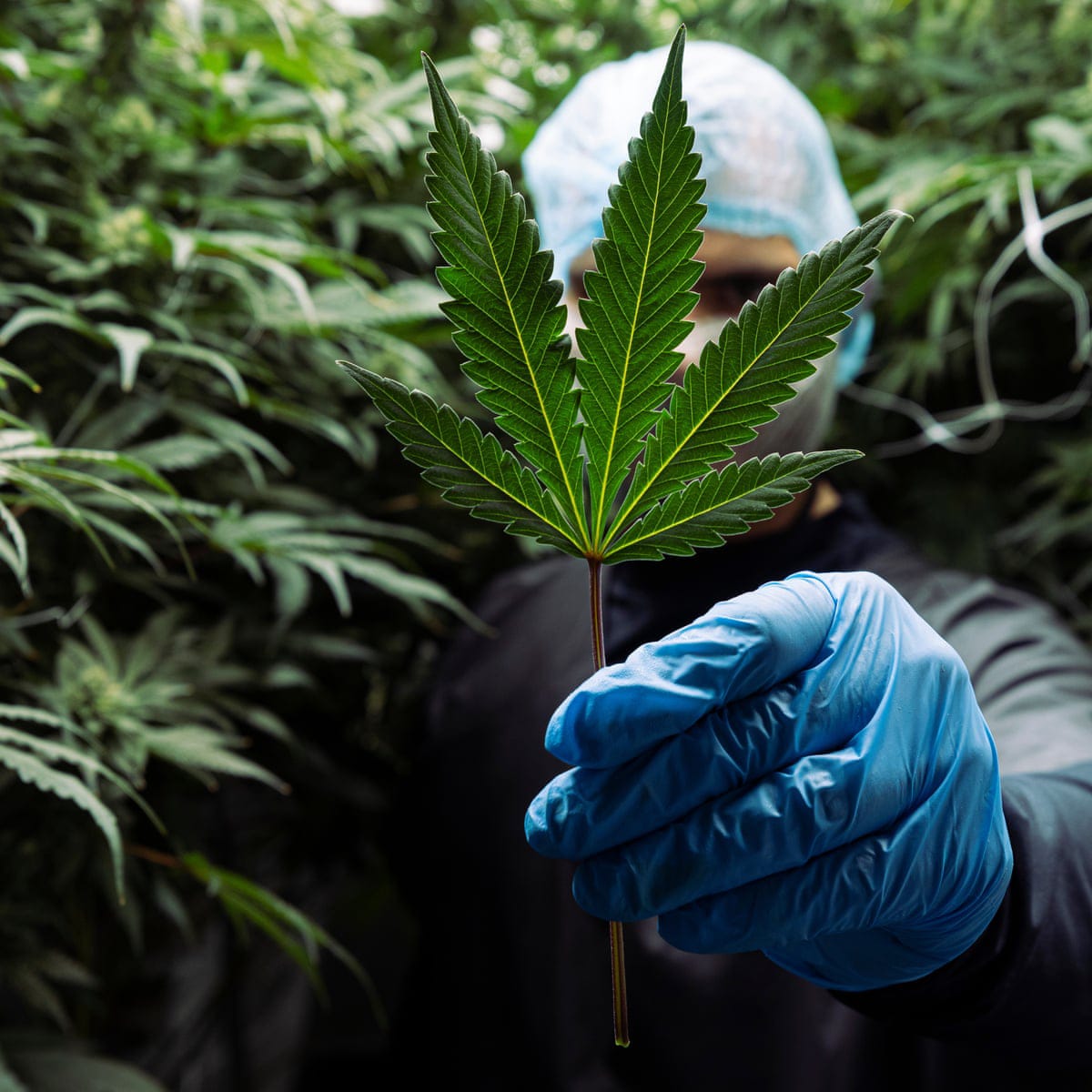
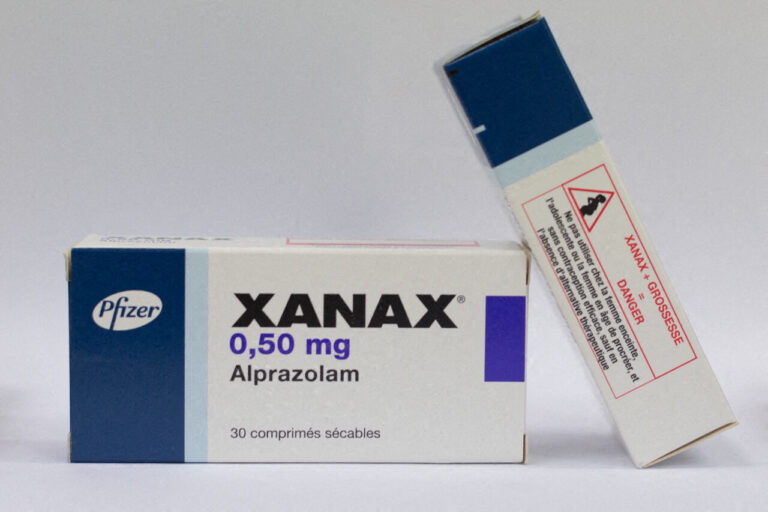


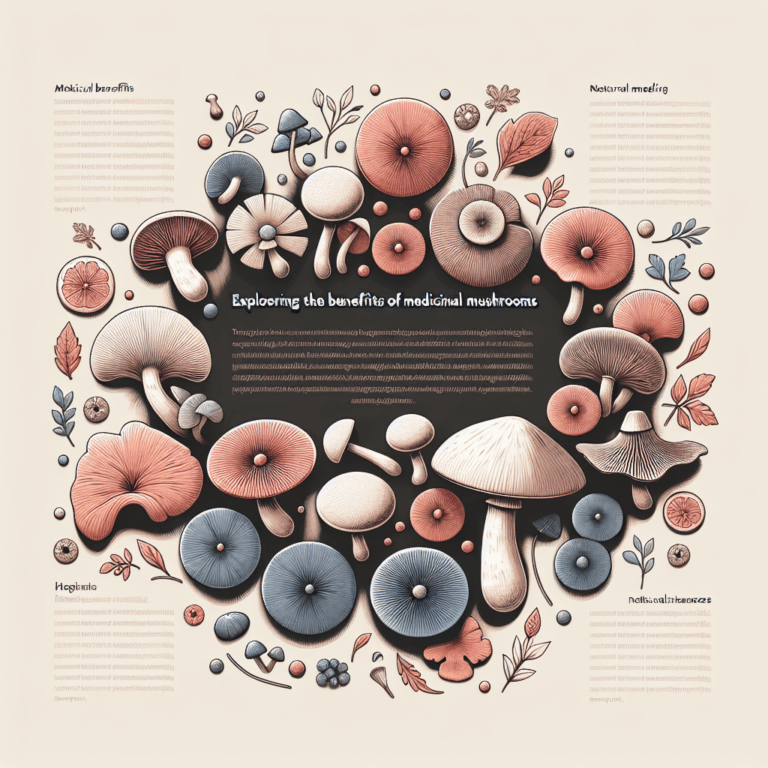

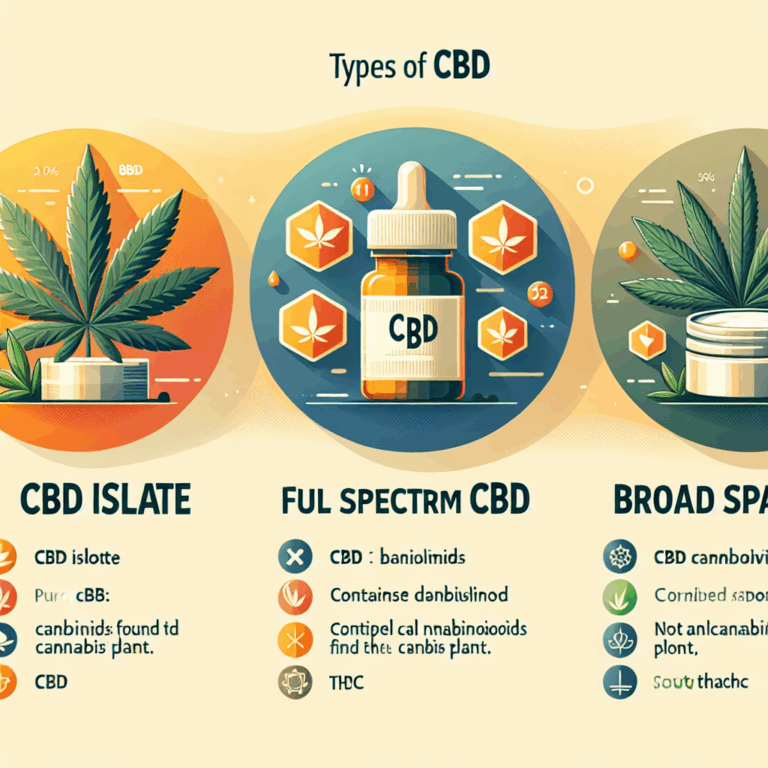








 Buy Chill Capsules (50mg-200mg) in UK
Buy Chill Capsules (50mg-200mg) in UK 




